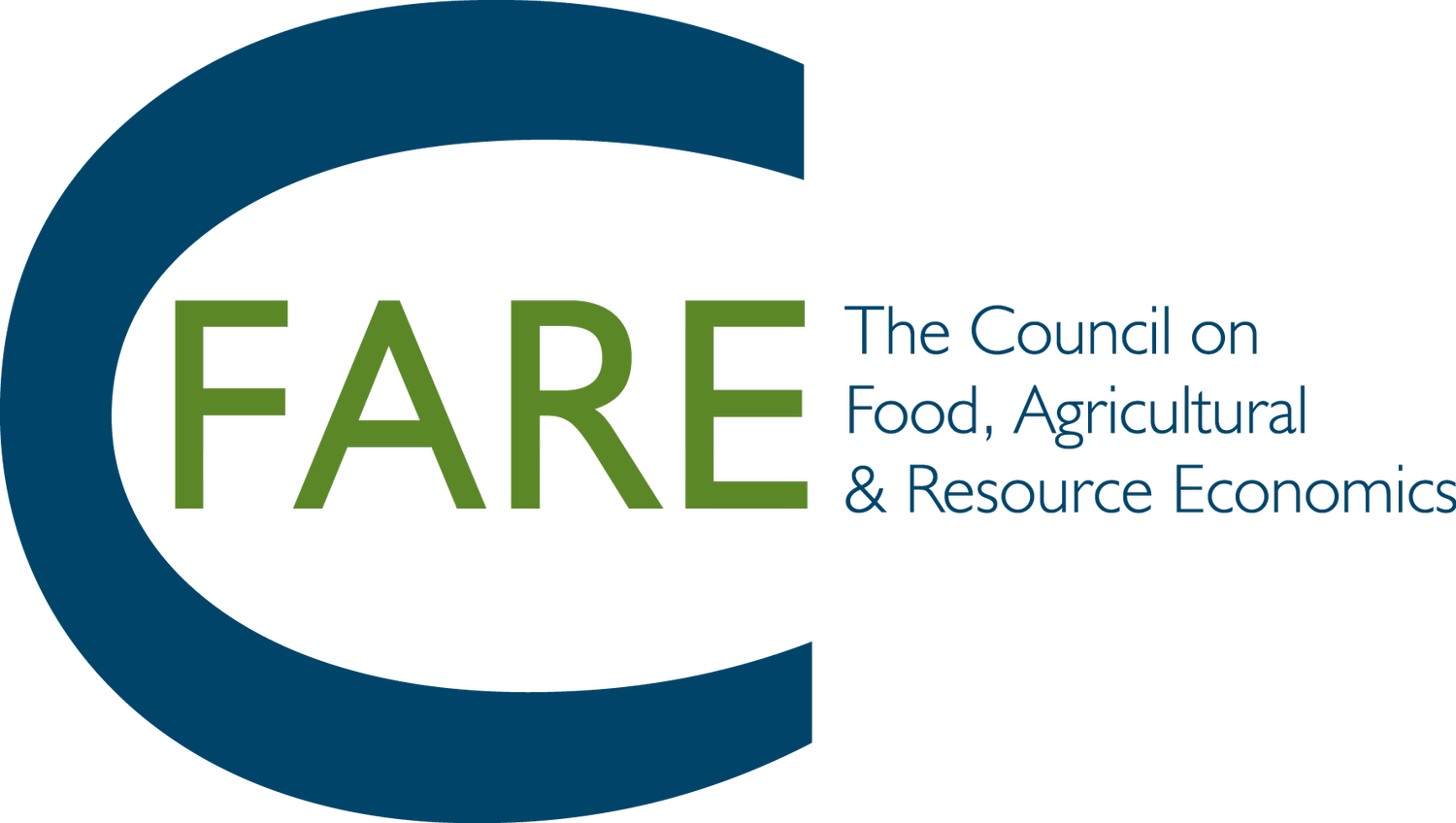Brandt Forum Fall 2023: Opportunities and Challenges for US Agriculture and the Environment Part II
While economists recommend using market incentives, there is the widespread use of regulation to achieve agricultural and environmental resource management objectives. This workshop explores new vantage points to explain this reality, emphasizing political economy, irreversibility, and supply chain perspectives.
The Implications of Natural Disasters on US Agriculture
Farmers, foresters, and ranchers are unfortunately familiar with the devastation and loss of life and property accompanying a natural disaster caused by an extreme weather event such as a hurricane, drought, or flooding.
Brandt Forum 2023: Opportunities and Challenges for US Agriculture and the Environment
While economists recommend using market incentives, there is the widespread use of regulation to achieve agricultural and environmental resource management objectives. This workshop explores new vantage points to explain this reality, emphasizing political economy, irreversibility, and supply chain perspectives.
The Economics of Natural Disasters
Climate change increases the probability and ferocity of these extreme events. Thus, a key element of public policy is developing mechanisms to enhance resilience and improve human welfare.
Pollution Mitigation Practices in Agriculture: Incentives, Practices, and Policies
Agriculture provides food for humans, fiber, and livelihoods for billions of people worldwide and is a critical resource for sustainable development in many regions. Regardless, agriculture also provides many ecosystem services and opportunities for climate change mitigation and removal of greenhouse gases (GHG).











